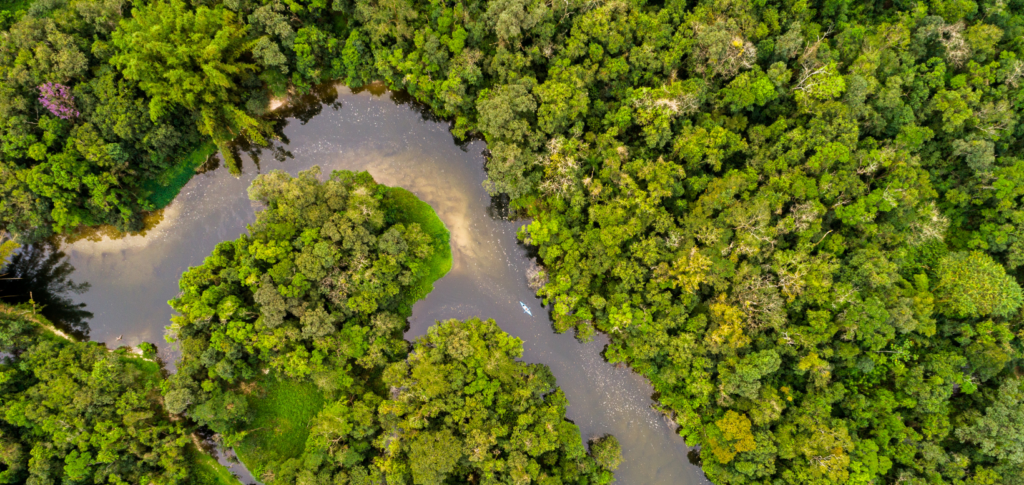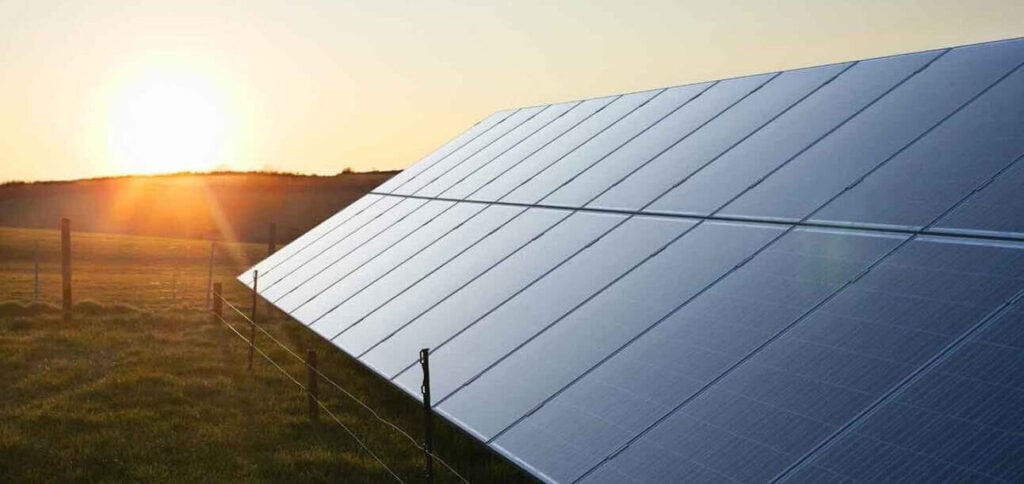TODAY IS THE AMAZON DAY
O Amazon Day is celebrated on September 5th and its main objective is to make people aware of the importance of the largest tropical forest in the world, whose biodiversity is connected to life across the planet and has suffered constant attacks. This date was chosen as a way to honor the creation of the Province of Amazonas (currently the State of Amazonas) by D. Pedro II, in 1850.
ADVERTISING
Misgovernance
The director of IPAM makes a very clear diagnosis of the evil that suffocates the forest. “The Amazon is going through a process of lack of governance with a great sense of impunity, which results in non-compliance with the law and the indiscriminate occupation of public lands”, says Ane Alencar.
“The result of this: just over half – around 51% – of everything deforested in the Amazon biome has happened on public lands“, He says.
O Amazon Environmental Research Institute (IPAM) is a scientific, non-governmental, non-partisan and non-profit organization that has worked for the sustainable development of the Amazon since 1995. Its purpose is to consolidate, by 2035, the tropical development model of the Amazon, through the production of knowledge, implementation of local initiatives and influence on public policies, in order to impact economic development, social equality and preservation of the environmentsystem. (IPAM)
ADVERTISING
“We need to catch the gangs that illegally occupy public lands. Today this has been a low-risk investment, because they do not suffer any type of retaliation. We need to identify the connection of this type of business with the wood industry, gold extraction, drug trafficking, which today seem to be interconnected and acting on the deforestation fronts in the Amazon (South of Amazonas, Southwest of Pará, Acre, North of Rondônia and Northwest of Mato Grosso).”
Listen below to what Ane says about lack of governance and criminal actions in the Amazon:
Record deforestation was expected and was not greater due to La Nina
The increase in fires – which registered a record in August this year – was already expected by IPAN “due to two main factors: the high deforestation (which leaves a lot of combustible material to burn) and also the fact that people are using more fire to manage pasture, which increases the number of fire incidents and outbreaks”, explains the director. “The pre-election period also contributes to both deforestation and fire management”, says Ane.
ADVERTISING
“I'm glad that, last year and this year, the The Amazon is under the impact of the La Niña climate phenomenon – which brings humidity to the region – delaying the dry season in some regions, which has reduced fires”, explains Ane Alencar.
How does the La Niña phenomenon impact Brazil's climate?
It represents an abnormal cooling of the waters of the Pacific Ocean due to the increase in the strength of the trade winds (displacement of masses of hot and humid air towards areas of low atmospheric pressure in the equatorial zones of the Earth). In Brazil, due to this phenomenon, more abundant rain occurs in the Amazon, with an increase in river flows and floods. In the Northeast, this also means greater precipitation. In the South, temperatures rise and there is a greater occurrence of droughts. In the Southeast and Midwest, the effects are unpredictable. (BBC Brazil)
According to the director of IPAN, if this year we had faced the climate situation of 2019 – hotter and drier – “we would certainly have even more fire than we saw in August and it would have broken an even bigger record”.
What IPAM defends for AAmazon?
IPAM is an independent third sector research institution, whose main goal is to have an Amazon environmentally healthy, economically prosperous and socially fair.
ADVERTISING
Listen to what the expert says below:
“We don’t want the Amazon in a dome. We want development to happen, but that takes into account the rights and quality of life of traditional peoples and communities, as well as ecosystems.”
According to Ane Alencar, IPAM identifies the main problems – deforestation, fires – and seeks to point out possible ways to solve them. The main problem currently is deforestation.
“Today we are in a world with a climate emergency and we all have to do something. In Brazil, we have to reduce deforestation.”
ADVERTISING
Amazon Day
“The Amazon is a heritage for Brazilians and for the world. The Amazon forest plays an important climate regulatory role, as it recycles tons of water per day – through evapotranspiration from trees – and stores tons of carbon, which would be in the atmosphere helping to warm the planet even more”, reinforces Ane Alencar.
The expert warns: the standing Amazon is home to many species – some still unknown – that may represent important economic and pharmacological potential for humanity.
“The Amazon is a cradle of cultures, which took thousands of years to establish itself as it is and, in the last 30 years, we have destroyed a lot of it. If we continue on this path of rapid destruction – even with 80% of the region still standing – we will end up with an unknown heritage and pay a price for it.”
If the current rate of destruction continues, all of humanity will pay the price.
Listen to the researcher alert:
“The question that remains is: Today, are we losing this heritage? And who is benefiting from this?"
“They are the land grabbers, the people who are doing this indiscriminately, to make easy money, because the risk is very low. We are only talking about the 51% of deforestation that has occurred on public lands. I'm not even talking about the toilets. If people knew how much it costs to restore a forest, they wouldn’t think about deforestation”, concludes Ane.
Read also
(🚥): may require registration and/or signature
(🇬🇧): content in English
(*): content in other languages is translated by Google Tradutor





